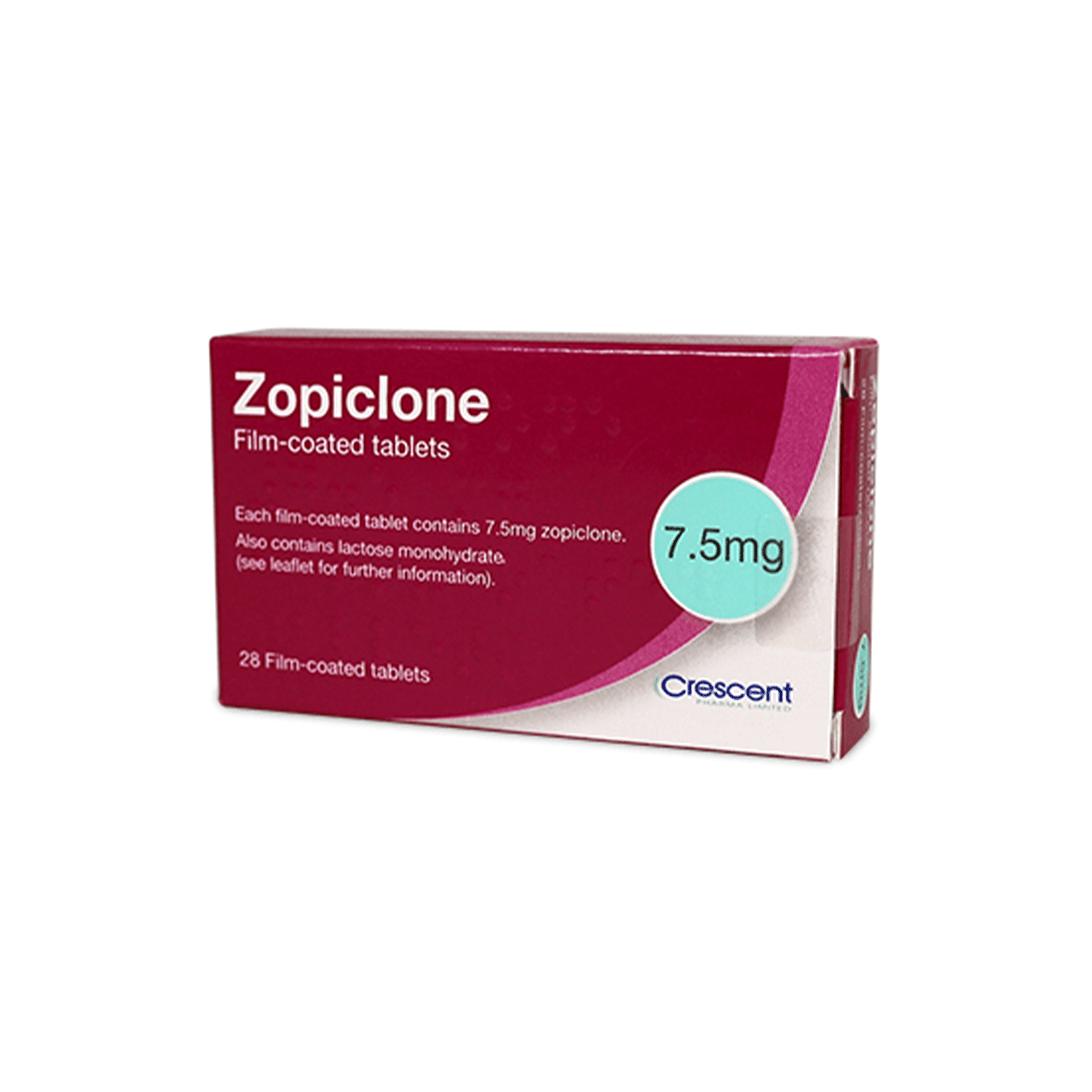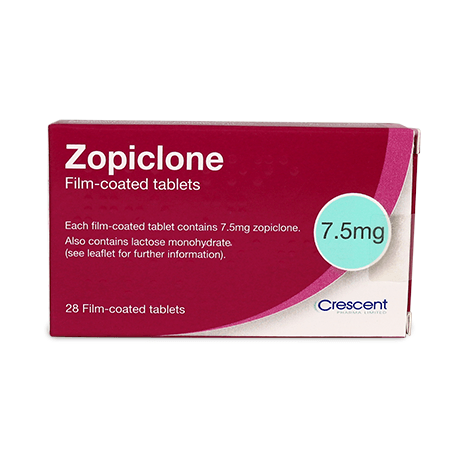Buy zopiclone 7.5mg
Numerous individuals struggle with sleep disorders and insomnia in today’s hectic world. A lack of quality sleep can have a significant effect on an individual’s health and productivity. Fortunately, effective medications are available for the treatment of sleep-related issues.
Buy Zopiclone 7.5 mg online is a commonly prescribed medication known for its sleep-inducing and sleep-quality enhancing properties. Because this blog will guide you through the process of buy Zopiclone 7.5 mg online and provide important information about the medication.
Understanding buy Zopiclone 7.5 mg:
Buy Zopiclone 7.5 mg is a sedative-hypnotic medication belonging to the cyclopyrrolones drug class. Because It targets the central nervous system to produce a calming effect, allowing individuals to fall slumber more quickly and remain asleep throughout the night. So Buy Zopiclone7.5 mg is frequently prescribed for the treatment of insomnia and sleep disorders on a short-term basis.
Benefits of buying zopiclone 7.5 mg tablets online :
Zopiclone has several advantages for those with sleep disorders. But some important benefits include:
a. Better Sleep Quality:
Buy zopiclone 7.5 mg tablets online regulates sleep patterns and promote deeper, uninterrupted sleep, resulting in enhanced rest and rejuvenation.
b. Reduced Sleep Latency:
And the medication enables individuals to fall asleep more quickly, shortening the amount of time required to transition from wakefulness to sleep.
c. Prolonged Sleep Duration:
Buy zopiclone 7.5 mg tablets online assists individuals in remaining asleep for an extended period of time. Like ensuring they awaken feeling refreshed and energised.
Due to the ease of e-commerce, purchasing medications such as
Zopiclone tablets 7.5 mg online has become increasingly popular. Here are some essential considerations when
Zopiclone tablets 7.5 mg online.
a. Reputable:
Ensure you purchase your medication from a reputable and trustworthy online pharmacy. Consider certifications, customer feedback, and safe payment methods.
Zopiclone tablets 7.5mg online is a prescription medication; therefore, a legitimate online pharmacy will require a valid prescription from a healthcare professional. Avoid websites that offer Zopiclone without a prescription, as your safety may not be a priority.
c. Authenticity of the Zopiclone 7.5mg to buy online :
Choose pharmacies that offer authentic buy Zopiclone 7.5mg tablets manufactured by reputable pharmaceutical companies. Falsified drugs may be ineffective or even hazardous to your health.
Compare prices from various online pharmacies to ensure that you are receiving the greatest value for your money. However, put quality and dependability before price.
Safety Precautions and Side Effects:
Prioritising your safety is essential when taking any medication. Consult your healthcare provider before using buy Zopiclone 7.5mg tablets to determine if it is suitable for you. In addition, be aware of possible side effects, such as drowsiness, vertigo, parched mouth, and changes in taste. While taking Zopiclone 7.5 mg to buy online, adhere to the prescribed dosage and avoid consuming alcohol or operating heavy machinery.
Conclusion
If you suffer from sleep disorders or insomnia, buying online may be an effective treatment to help you attain restful sleep. If you intend, you should select a reputable online pharmacy, observe all safety precautions, and prioritise product authenticity.
Before beginning any new medication, you should always consult a healthcare professional to ensure that it is appropriate for your requirements. So take charge of your sleep and embark on a journey to a more restorative and revitalizing lifestyle.


